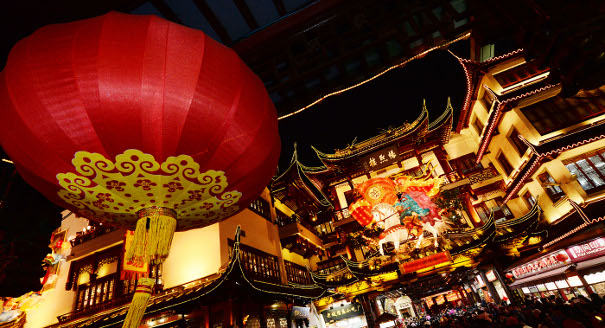Registration
You will receive an email confirming your registration.
Cultural exchanges between nations have become more frequent, more accessible, and more important over the past decades. Major powers like China, the United States, and the EU have come to use such exchanges as part of their soft power strategy.
Carnegie–Tsinghua’s Zhang Lihua hosted a panel discussion to evaluate the intersection between diplomatic practices and traditional values. Panelists aimed to propose constructive policy recommendations to further cultural diplomacy between the three parties.
Soft Power in Context
Soft power is marked by cultural attractiveness and influence. Panelists agreed that it is an important political tool for global powers.
- Cultural Values as an Indicator: Zhang explained that cultural soft power is important because cultural development is the main goal of national development. Yang Shenping, a representative of Capital Normal University Press, disagreed, saying that without discourse and application, making a culture more attractive will not pave the way for hard power or economic development.
- From Soft to Hard Power: Yang asserted that soft power can be translated into hard power. He added that soft power can be used in domestic politics as well as in international relations, making it an important tool for enhancing a government’s authority and influence.
- Culture in Flux: Zhang noted that while hard power has limits, soft power is unlimited. Yang added that while soft power may be unlimited, the values central to a particular nation change over different periods of time. He concluded that soft power is an effective but often inconsistent tool.
Culture Influence and the West
The United States and EU have a long history of using soft power. Zhang asserted that the U.S. and EU experiences can serve as useful lessons for China’s own soft power and cultural strategy.
- EU Soft Power and Cultural Hegemony: Wang Mingjin, a professor at Beijing Foreign Studies University, described the EU as a magnetic normative actor that brings its own principles and values to the international stage. While the EU has common values, the individual values of member states are also respected globally. However, Wang added that EU soft power is equivalent to cultural hegemony, as demonstrated by the conditions the EU attaches to its humanitarian support. Guo Lingfeng of the Chinese Academy of Social Sciences agreed that the EU has effectively spread its cultural values through policy measures.
- Factors of U.S. Soft Power: Carnegie-Tsinghua’s Zhao Kejin outlined the three factors that led to the creation and strengthening of U.S. soft power, including:
- strategic design: the way the United States communicates its policy positions in the international system
- the promotion of U.S. based transnational corporations;
- the idea that an individual has a strong role to play in their society.
- Comparing China and the United States: Feng Liujian, a professor at Beijing Normal University, explained that soft power surveys rank the United States much higher than China. In terms of the “cultural market,” the United States ranks much higher thanks to its strong higher education system, government system, cultural roots, and its influence in the IMF and World Bank.
Challenges in Building China’s Soft Power
Several panelists acknowledged that China must discover and define its own modern culture and value system before spreading this system through its soft power. China does not currently have a singular set of modern cultural values that can be transmitted and adapted by other cultures.
- Complexity of Chinese Culture: Yang Qingzhong, a professor at Renmin University, explained that Chinese culture is complex due to the diversity of regional cultures and viewpoints. As a result, any analysis of Chinese culture can only be done through comparison rather than absolute statements.
- Rebuilding Chinese Culture: Chinese modern culture has grown to include aspects of traditional Chinese culture, Marxist culture, and Western values. The discussants agreed that this diversity comes from the country’s history: Chinese culture was destroyed in 1911 and again during the Cultural Revolution in the 1970s and is only now being rebuilt. Ying Jinghua, a professor at the Beijing Administrative College, added that China must rediscover its own culture before it can successfully engage in soft power.
- Steps to Improve Chinese Soft Power: Public diplomacy, panelists concluded, is an important foundation for soft power, as is using cultural resources to share a nation’s narrative. Feng specifically recommended that China should strengthen its hard power capabilities, abide by international rules and laws, and improve education in order to expand the influence of China’s soft power.
Discussants: Yang Qingzhong, Yang Shengping, Feng Liujian, Wang Mingjin, Guo Lingfeng, Wang Tianjing, Ying Jinghu
